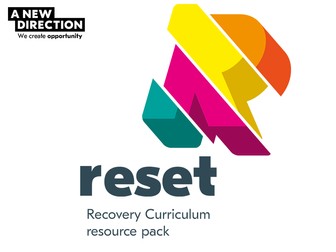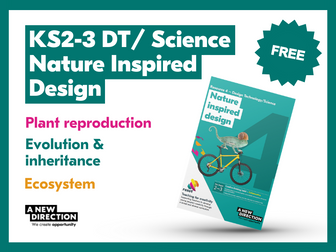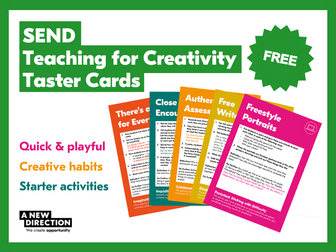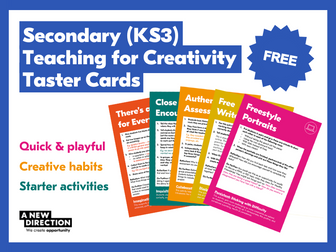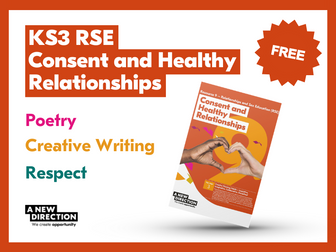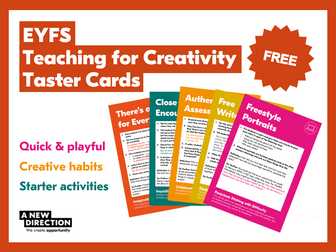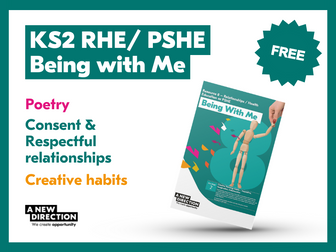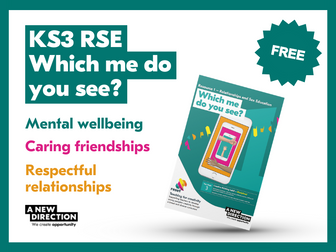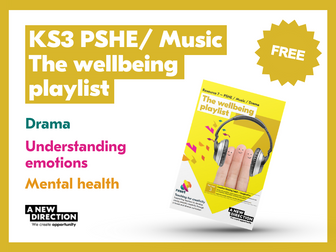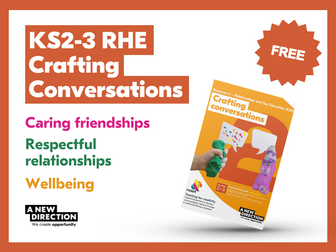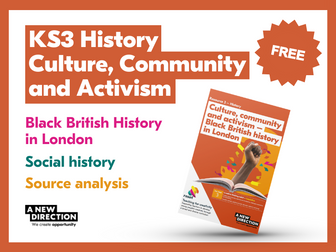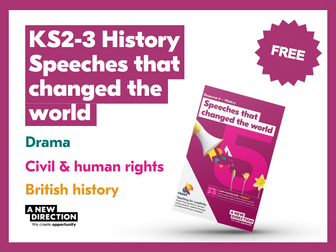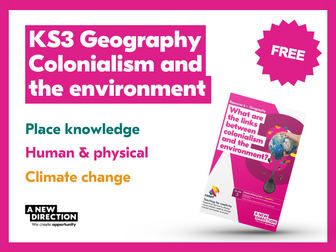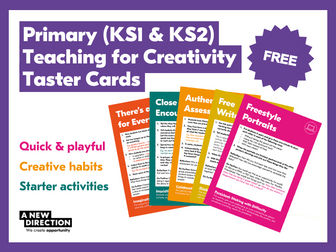Reset: Recovery Curriculum Resource Pack
<p>In our new resource, you will find five activities, each with a different creative focus that centres on a theme from the suggested Recovery Curriculum: relationships, community, transparent curriculum, metacognition and space. The resource aims to support you in using the creative arts to address the impact of the pandemic on your students’ lives and learning.</p>
<p>The activities have been designed to be suitable for KS2 and KS3, however we have included some tips for adapting the activities for younger and older students, along with ideas for how to make activities more student-led, and how to include more guidance for those who need it. Some activities can be done in one lesson, but others are a sequence of activities that will require more time.</p>
<p>Each activity has been co-created with an artist and includes an introduction outlining the principles behind it, which should also support you in adapting the tasks to remain in keeping with the core focuses of the lever.</p>
